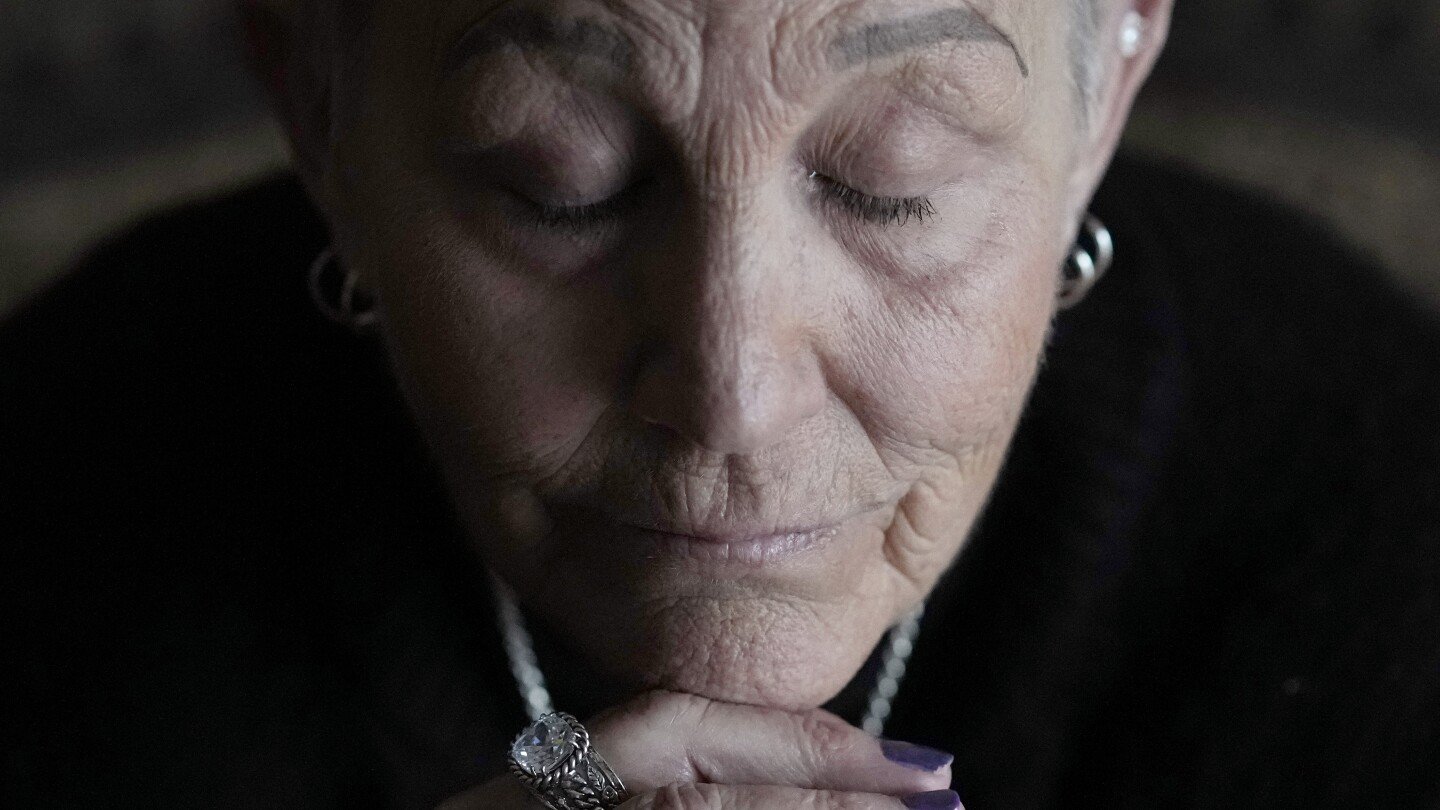On a brisk day at a restaurant outside Chicago, Deb Robertson sat with her teenage grandson to talk about her death.
She’ll probably miss his high school graduation. She declined the extended warranty on her car. Sometimes she wonders who will be at her funeral.
Those things don’t frighten her much. The 65-year-old didn’t cry when she learned two months ago that the cancerous tumors in her liver were spreading, portending a tormented death.
But later, she received a call. A bill moving through the Illinois Legislature to allow certain terminally ill patients to end their own lives with a doctor’s help had made progress.
Then she cried.
“Medical-aid in dying is not me choosing to die,” she says she told her 17-year-old grandson. “I am going to die. But it is my way of having a little bit more control over what it looks like in the end.”
That same conversation is happening beside hospital beds and around dinner tables across the country, as Americans who are nearing life’s end negotiate the terms with themselves, their families and, now, state lawmakers.



We need a federal constitutional amendment of bodily autonomy. Abortions, tattoos, personal drug use, gender reassignment, plastic surgery, suicide, neuralink, etc. All the same issue: My body, fuck off. You can make it more complicated than that but it’s not.
It doesn’t matter whether you agree with face tattoos or not. Nobody is making you get one. It’s not your concern. An artist can choose not to give face tattoos, as a doctor can choose whether they want to give a vasectomy to a young child-free man. But the government should have no say about what a person is allowed to do or have done to their own body. The government can regulate to make it safer, but not disallow.